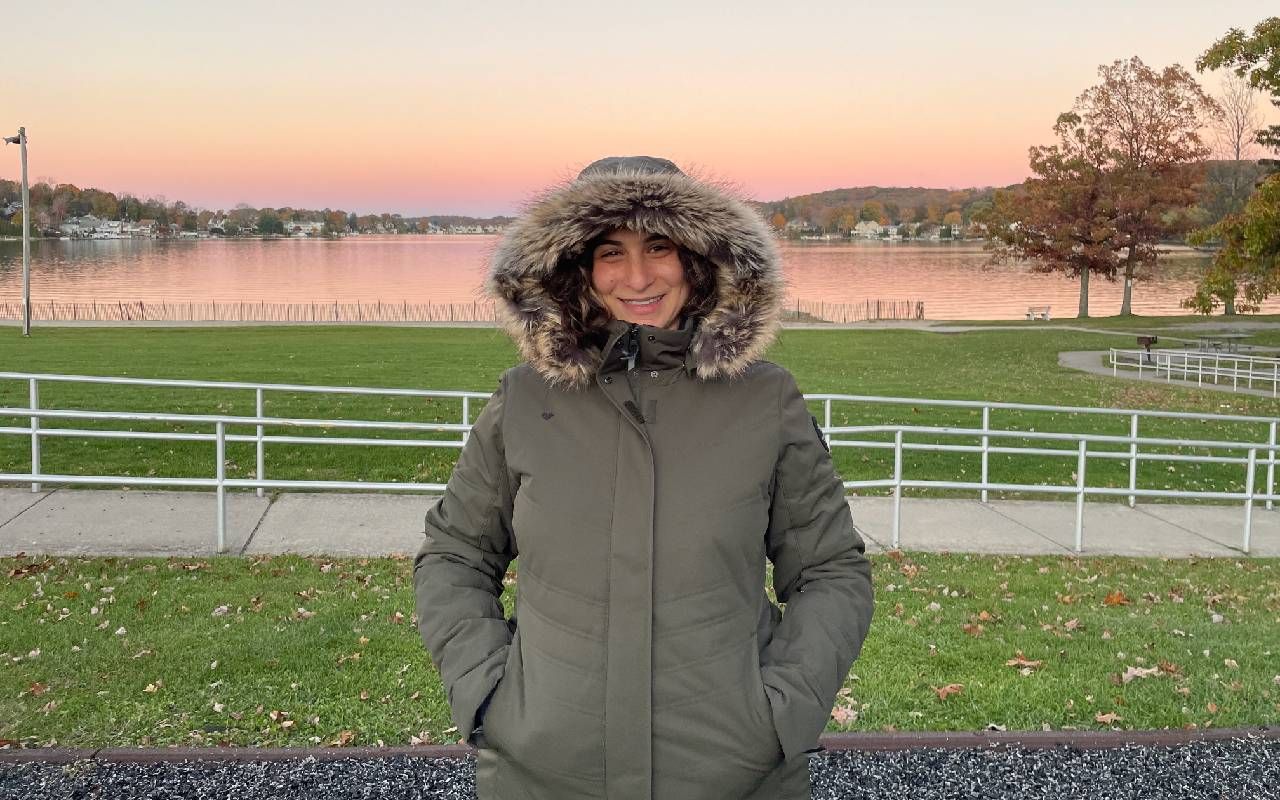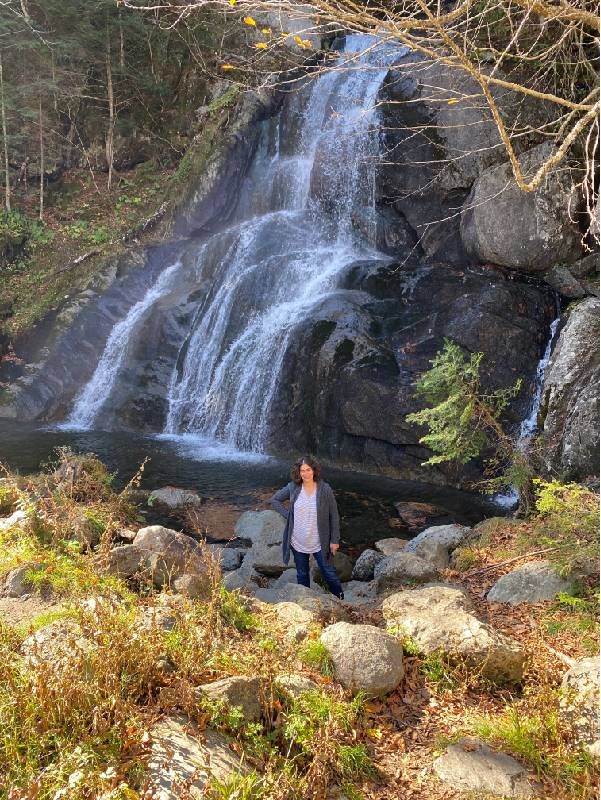Hobbies as a Key to Fulfillment
Leaving a bustling career opens a lot of free time; filling it with the right hobby can help to both unwind and keep active
Resigning from my career was a sudden, unplanned life change. My middle son has disabilities, and I needed to focus on my family. Still, I knew I would have trouble adjusting, especially after giving up a long-term career that kept my mind busy 50 hours or more each week.

To make sure I didn't lose my sense of self, I began experimenting with hobbies. And it helped tremendously.
"We need to be fulfilled in many aspects of life," explains Kimberly Wing, Social Worker and Chief Program Officer at People USA, a behavioral health nonprofit based in Poughkeepsie, New York.
"We need to be fulfilled in many aspects of life."
She continues: "The Eight Dimensions of Wellness include environmental, emotional, financial, social, spiritual, occupational, physical and intellectual. The social piece touches on the hobbies. It's something that feeds our wellness and our self-care."
Hobbies provide many benefits. They help us unwind, find friends and stay active at all stages of life. A recent study led by researchers at University College London shows that hobbies create more happiness and life satisfaction and decrease depression, especially for older adults.
Yet as important as hobbies can be, finding the right fit isn't so simple.
Fill the Hole in Your Day
"An important question to ask," says Dr. Kelsey Latimer is, "does it bring out a side that balances you in a way you don't get the rest of the day?" For example, if you need more fun, you might try dance lessons or pickleball. But if you need more quiet downtime, maybe you are better off joining a book club, taking up gardening or piano lessons, activities people do to quiet their minds.
I didn't know where to begin, so I went back to something I enjoyed as a kid. Our local music store had information about a volunteer community band that met one evening a week.
At first, sitting behind a music stand felt awkward, especially since I was used to spending my days rushing around caring for others. But by the end of that first night, the flow I got from focusing on the music, counting measures and watching the conductor forced me to be present in the moment — a skill I didn't think I was capable of attaining at that point in my life.
Resuming an activity from my childhood was a good fit for me, but it's not the answer for everyone, explains Wing.
Hobbies Can Change as We Grow
"It really depends on why you were involved in the activity as a child. Some people think they really liked a sport. It was an activity they played with a sibling. But then they realize that the activity was not connected with their sense of self. And when they finally develop that sense of self later on in life, they find that they love art or music."

Whatever you decide, make sure it's something you that pulls you. "The key is that you are self-driven," says Wing. "Is the activity intrinsically motivating for you? Do you enjoy it from a sense of person-centered hobby exploration? Or do you enjoy it from a sense of, 'I should be doing this because this is what I've seen and this is what I know?'"
Band brought me back to my roots and got me to focus, but I still wanted to branch out. I also wanted to find an activity I could occasionally enjoy at home.
Trying Hobbies on for Size
Over the next few years, I attended art and photography classes, piggybacked off my daughter's piano lessons and started a garden in the backyard. They were all fun, but most of them didn't last long term.
Eventually, I decided to learn how to crochet. After a few YouTube tutorials and a class at a local art store, I was able to stitch while I waited for the kids at their activities or rode as a passenger in the car. I made my family scarves and blankets and found a stitching group in town and met them for lunch.
"The process of finding and selecting hobbies is lifelong and everchanging. What a person may enjoy today might not be what they enjoy later on," says Dr. Joel Frank, a clinical psychologist in the Sherman Oaks section of Los Angeles. "It's OK to switch hobbies, and it's OK not to enjoy a hobby to the same degree you previously did."
It's OK to Stick to Basics
Some days, I had no interest in any of my hobbies and just wanted to get outside. "If learning a new skill seems daunting, it's fine to do something simple such as going for a walk in the woods," explains Wing.
A lot of people use nature to connect to something outside of themselves. To be in the moment and get some stillness in their mind and their thoughts. It brings value and it decreases your overall triggers of whatever you may be going through.
"A healthy hobby is first about figuring out what you need."
"Anything can be a hobby, but we need to understand what wellness is — enriching versus what is more taxing to your mental health — and separating those two," says Wing.
Enjoying the outdoors is something that can be done with many people in my life. I love walking with friends in my neighborhood. We get fresh air, exercise and the opportunity to socialize all at the same time. I also take the kids on rigorous hikes in the woods.
"A healthy hobby is first about figuring out what you need," says Latimer. "You don't want to add something that will feel like another 'energy suck' in your day."
Find What Makes You Happy
A few years ago, when I had longer stretches of time to get into flow, I took my first writing class. I had considered writing for years but never had the energy to try. Writing forced me to constantly think up new ideas and, despite it being a solo activity, I've met many amazing friends in the writing community. It became my favorite hobby, and I'm turning it into a second career. I still walk, garden and crochet in my downtime but if I felt drawn to a new hobby, I'd give it a try.
"The bottom line is that the way you spend your time should fulfill you with meaning and purpose and connect to you on a personal level," says Wing. "At the end of the day, you could have all the money in the world and be extremely unhappy in life. But if you have enriching meaningful things that give you purpose, then all the other stuff doesn't matter as much."


